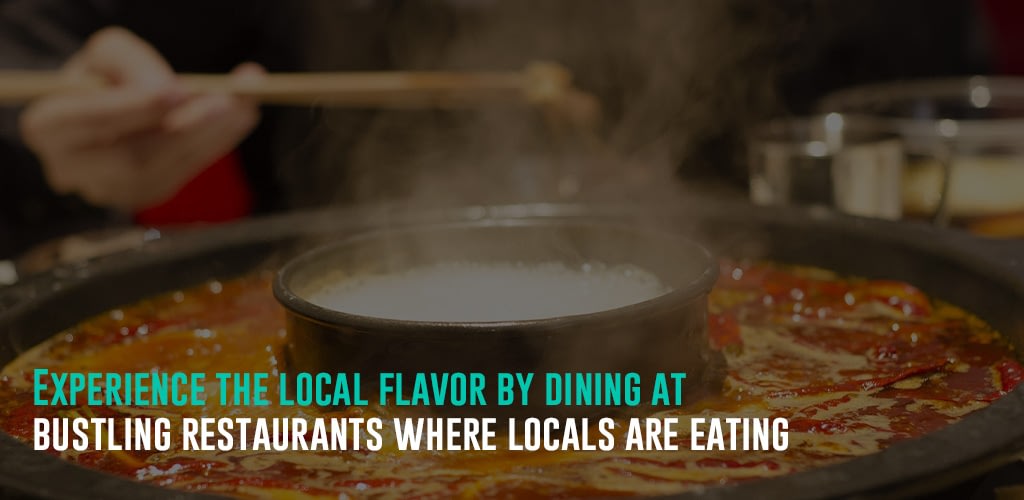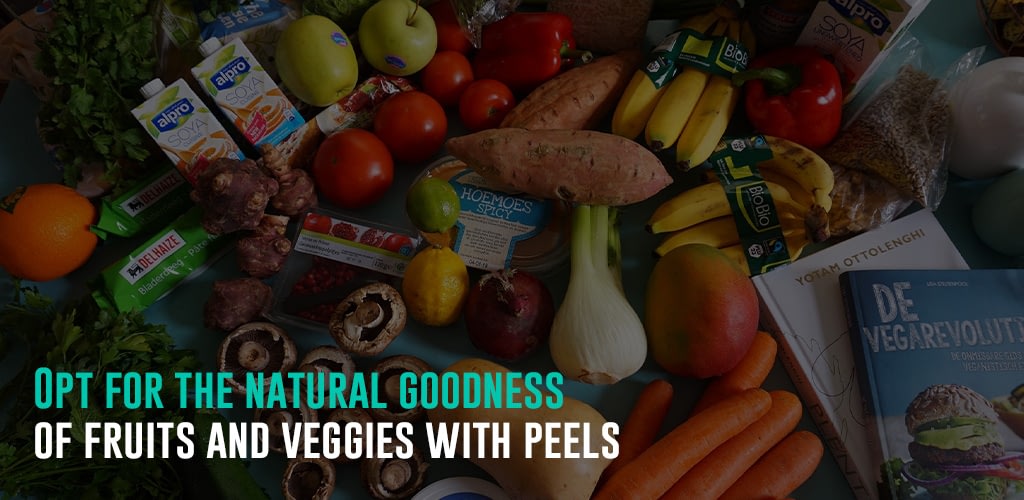Do you dread preparing food while traveling? Are you always worried that the food from a foreign country might leave you nauseous or get food poisoning? You’re not alone. Studies have shown that many travelers experience digestive illness because of improper travel hygiene. Don’t let fear of prepared foods keep you from exploring foreign locations and cultures this holiday season; learn how to prevent food poisoning with these comprehensive tips and tricks. So let’s dive in and look at how to prevent food poisoning while traveling.
Featured Image Source
Avoid uncooked food
Eating raw food while traveling is a recipe for disaster. Not only can it cause unpleasant digestive issues, but it could also put you at risk of serious food-borne illnesses. So instead of taking the risky route and tempting fate, why not stick to deliciously hot dishes? When on the go, opt for freshly served meals and piping hot; this way, you’ll reduce your chances of contracting a nasty bug. In addition, a warm meal is an easy way to stay safe.
Experience the local flavor by dining at bustling restaurants where locals are eating
Nothing beats seeking out the locals’ secret spots when visiting a restaurant. Rumor has it that the tastiest cuisines can be found in places full of conversation and bustling activity. Not only will you get a fantastic dining experience, but the faster turnover of food means you’ll be served something delicious that’s made with higher standards. It has less chance of having been sitting around at dangerous temperatures. Skip the touristy restaurants if you want top-notch cuisine; instead, find a spot that has locals singing its praises.
Bottled water
Always remember to pack a bottle of water. After all, you can never be too sure of the tap water quality, and avoiding risking your health on your next great adventure is best. When choosing water, ensure the seal is intact to guarantee freshness – instead of something refilled with unmentionables.
It will quench your thirst, but having it on hand will also prevent dehydration and overheating. You never know when those sudden hikes might get too intense. Bottled water helps to keep travelers fueled and energized so they can truly make the most out of their wanderlust-filled adventures.
Opt for the natural goodness of fruits and veggies with peels
Eating healthy is always a good idea, but doing so safely and carefully is even more critical. That’s why choosing fruits and veggies with peels is often ideal. The peel protects against germs or contaminants on surfaces or in water. So you can rest assured that when you remove the peel, whatever delicious fruit or vegetable you’ve chosen will be clean and safe to eat.
Carrots and apples are nature’s nutritional powerhouses, bursting with fiber and vitamins. Then there are hard-shelled nuts such as walnuts, almonds, and peanuts. Orange citruses like oranges and tangerines; starchy vegetables like potatoes, sweet potatoes, beets, turnips, and jicama. You can use crunchy cucumbers, juicy summer squash, and virtually any pulp-filled berry or drupe.
Ensure that all meat is cooked correctly and stored
Eating meat while traveling can be fraught with increased safety risks. So it’s essential to be extra vigilant when choosing what to eat and how it is handled. For example, when considering what type of meat to eat, look at how it is stored; this might mean checking if it’s kept cool, on ice, or in a refrigerator.
It may also be wise to investigate how long the food has likely been stored at room temperature, indicating how busy the vendor is. Also, ensure that the meat is covered and that bugs are kept off using fans or lids. Fewer flies indicate less freshness and hence more risk.
Exercise caution when consuming dairy products
Eating dairy products can be a delightful way to enjoy a meal, but taking extra precautions is vital if you live in an area with limited food safety resources. Bacteria that cause food poisoning can quickly develop in dairy, especially without proper refrigeration or storage practices.
The best thing to do is to ensure milk has been boiled before consuming it. It can be on its own or in your favorite drink, such as tea or coffee. During the hot summer months, nothing beats a delicious ice cream treat. Unfortunately, refrozen ice cream has become popular among shopkeepers due to its lower cost. However, this practice can be hazardous and put someone at risk of becoming very ill.
The key to staying safe is looking for signs that the ice cream has been frozen and thawed again. If your packaged ice cream looks like it’s been melted and refrozen, stay away, as its contents may not be safe for consumption anymore.
Conclusion
Food poisoning is no fun for anyone, so take the necessary precautions when traveling! Always trust your gut – if something looks or smells off, it probably is. And remember to pack the probiotics.
Start planning your trip now with Travel-Wise’s free trip-planning tools to have you on your way faster than ever!







